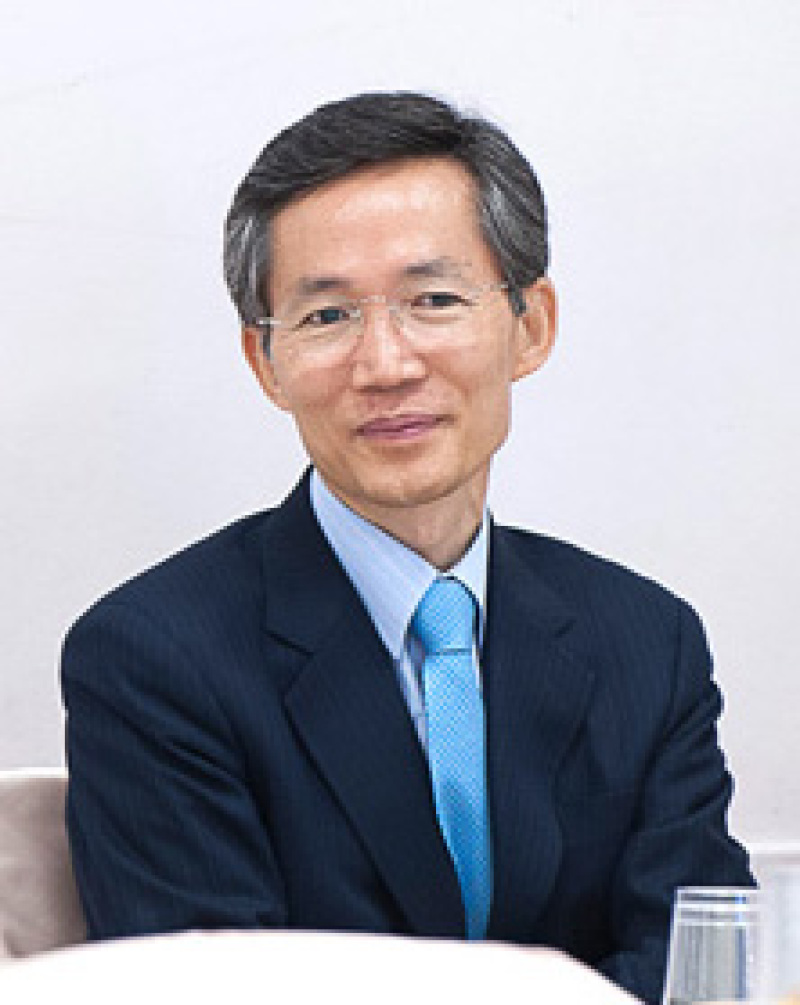
One of the greatest gifts from God is emotion. In particular, the emotion called love is a strong power. We live and die for love. We rejoice and mourn because of love. And because of love, we have hope, and we despair. Because of love, we endure, wait, and sacrifice. The strongest power that moves people is the emotion called love. However, emotions include more than love. When we examine our inner selves closely we discover that various emotions exist in us.
We have some negative emotions in us. Emotions like fear, anger, a sense of inferiority, helplessness, depression, sadness, anguish, worry, hatred, revenge, bitterness, disappointment, anxiousness, despair, and frustration are negative emotions. However, not all negative emotions are bad. Negative emotions can be ingredients that can create positive emotions. What's important for us is to recognize these emotions and manage them.
In us, there are positive emotions along with negative emotions. Positive emotions include love, faith, hope, confidence, a sense of pride, high self-esteem, gentleness, humility, compassion, mercy, joy, thanksgiving, hospitality, forgiveness, generosity, assurance, boldness, peace, kindness, and sympathy. These emotions make our body and heart healthy. And they help us to form relationships with others. Negative emotions and positive emotions are related to our character. A character is formed through habits. Habit is repeated action that flows out involuntarily from being accustomed to it. The habit of the heart is the process of accepting, interpreting, and responding to what takes place in our heart and life.
We become wounded in the process of growth. No one grows without having any wounds. We are usually wounded by those who are near us. For that reason, wounds grow at the cost intimacy. When we are wounded, our feelings become hurt and damaged. Painful emotion that derives from deep childhood wounds is manifested in various psychological, physiological, and physical responses. When these responses are repeated, they become habits that direct a way of forming personal relationship and become an expansion of wrong perception toward understanding the world around us. We call this preconception. In psychology, it's called a frame of the heart. When it's enlarged, it's called a worldview.
When the damaged emotions are not healed, we begin to form unhealthy preconception and bad habits of heart. Among the books that help you to find healing for your damaged emotions, I found Healing for Damaged Emotions by David A. Seamands to be most helpful. He helps readers to find healing for their damaged emotions through a biblical perspective, especially in light of the gospel. In order to heal damaged emotions and cultivate healthy emotions, we must know the importance of emotions. In addition, we must be able to observe and embrace our inner emotions. We must not label any of our inner emotions to be bad, because every emotion that I feel is experienced from being a human.
It is not easy to recognize our own emotions. There are times we feel bad, distressed, and anxious with no reason. There are times we feel worried and frustrated without knowing why. In order to recognize the emotion that arises from our inner selves, we must develop emotional intelligence. Emotional intelligence is the ability to recognize, identify, and manage one's own emotions. Emotional intelligence describes the ability to manage negative emotions well and turn it into positive emotion. In order to watch over your own emotions, it is good to have regular time of meditation. It is to observe and examine your emotions while meditating. You will be able to discover the cause and root of your emotions through the process.
Cultivating emotions means not being controlled by emotions. It is to recognize and embrace one's emotions as they is and turning them into positive emotions by moving forward. The emphasis is in transforming the negative emotions into positive emotions. One of the reasons why I put emphasis on Quiet Time is because we are able to observe our own emotions quietly through the Quiet Time. That is when the Holy Spirit who works in us heals our damaged emotions through the Word and turns the negative emotions into positive emotions.
I'm sorry to say this, but not all aged people become adults. David A. Seamands says that an adult who continues to be swayed by one's emotions like a child is an "adult child.' If we truly want to become an adult, we must be able to manage our own emotions. The discipline of managing emotions is a spiritual discipline. Don't be discouraged because you, as an adult, are still being swayed by your emotions. People are like a tree that deepens its roots while being swayed by the wind. What's important is that we gradually and continually grow. That is what God wants. It is difficult to manage our emotions, but when we do manage them well, our lives become abundant. I pray for grace and peace.

Reverend Joshua Choon-Min Kang is the senior pastor of New Life Vision Church in Los Angeles, CA.


















